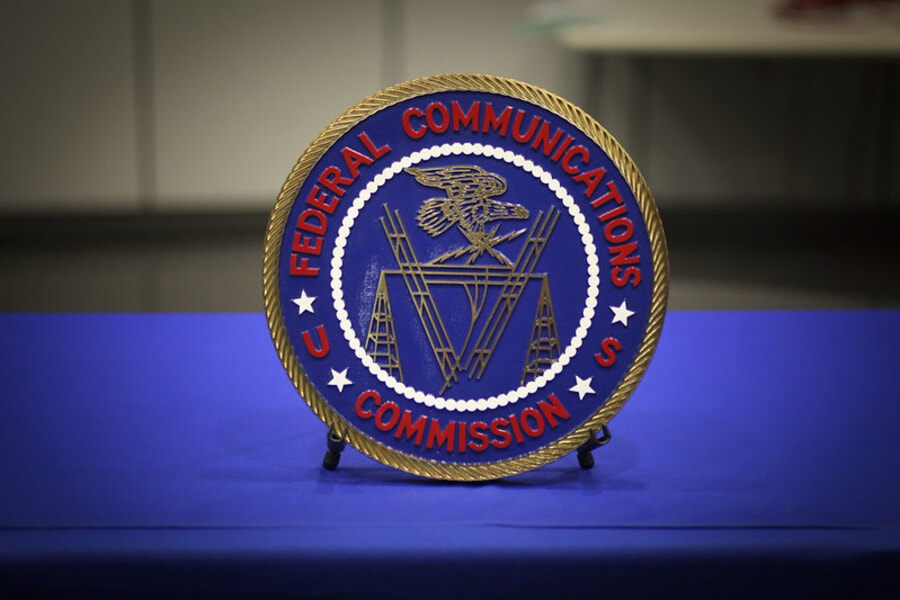On the Oddity of the Patriot Act Sunset Provisions
The law says that Section 215, along with another section of the Patriot Act, expires on “June 1, 2015, except that former provisions continue in effect with respect to any particular foreign intelligence investigation that began before June 1, 2015, or with respect to any particular offense or potential offense that began or occurred before June 1, 2015.”
Michael Davidson, who until his retirement in 2011 was the Senate Intelligence Committee’s top staff lawyer, said this meant that as long as there was an older counterterrorism investigation still open, the court could keep issuing Section 215 orders to phone companies indefinitely for that investigation.
“It was always understood that no investigation should be different the day after the sunset than it was the day before,” Mr. Davidson said, adding: “There are important reasons for Congress to legislate on what, if any, program is now warranted. But considering the actual language of the sunset provision, no one should believe the present program will disappear solely because of the sunset.”
Mr. Davidson said the widespread assumption by lawmakers and executive branch officials, as well as in news articles in The New York Times and elsewhere, that the program must lapse next summer without new legislation was incorrect.
In the story, Savage quotes a number of sources dismissing Davidson's point---or diminishing its significance. Jameel Jaffer of the ACLU, for example, "said it would be 'perverse' to interpret the exception as permitting the government to 'bootstrap itself into permanent Section 215 authority.'" And the administration itself appeared not to be treating this language as a valve that releases the pressure to pass new legislation:
The White House press office said the administration would study the provision and was not ready to comment about it, but provided a statement expressing disappointment that the [USA FREEDOM ACT] had failed. It repeated that the program faced expiration.
“Going forward, we will work with Congress to formulate and pass legislation that strikes a similar balance,” the statement said. “We recognize the importance of doing so urgently---but carefully---given the impending June expiration of important national security tools.”
For what it's worth, here's my sense of why Davidson's discovery does, in fact, change a lot in the short-term, though probably little in the longer term.
The reason Davidson's point matters is that it turns a hard-stop deadline of June 1, 2015 for new legislation into a very soft deadline. The government has a lot of national security investigations focused on counterterrorism open at any given time. Given that the 215 program involves orders to the telephone companies to produce all metadata records, on the theory that the group of them is---as a whole---relevant to an investigation, the wording of the sunset would appear to allow any one of these investigations to support continuation of metadata collection for as long as that investigation persists. Some of these investigations, moreover, will persist for a very long time---years and years and years. So the text, in principle, perhaps perversely seems to me to do pretty nearly what Jaffer says it would be "perverse" to read it to do---that is, bootstrap itself to long-term, if not quite permanent, 215 authority, at least as to some broad investigations.
This seems to me have significant political implications vis a vis the renewal the government purports to need by June 1. That governmental need gives civil libertarians their primary legislative leverage in the FISA reform discussions. If the 215 program is important, after all---I'm not convinced myself that it is all that important, but the government regards it as important---and it turns into a pumpkin on June 1, then it follows that the administration needs legislation by that date. But what if it doesn't really expire on that date? If what expires is merely the authority to seek orders under 215 for new investigations, then the deadline is really less of a deadline and more of the day in which the tool begins a perhaps slow process of degrading in utility. All of a sudden, the government's negotiating hand seems a lot stronger because its timeframe is potentially a lot longer.
To use a college metaphor, this turns out not to be a class in which the professor won't accept late papers; it's a class in which the professor gives incrementally lower grades for increasing lateness. And relatively long delays may produce relatively small incremental decrease in grades. In such a class, lateness may be a good tactical move if the result is a better paper.
But here's the thing: the government still does need a bill---for a variety of reasons. It needs a bill because the authority to use 215 for metadata will ultimately degrade---though at what pace I do not purport to know. It needs a bill as well because it uses 215 for things other than the metadata program. More importantly, it needs a bill because its litigation position in the variety of cases challenging the metadata collection program would be immeasurably stronger if the program interacted differently with its statutory authority. And its litigation position would be far weaker if, in addition to relying on a theory of relevance that many (including me) regard as somewhat attenuated, it relies on an underlying authority that has itself sunset except with respect to increasingly aging extant investigations.
Relying on this sunset language for any length of time will, in short, add significant litigation risk even as the utility of the 215 toolbox gradually declines.
In short, Davidson's point is undoubtedly significant and undoubtedly strengthens the intelligence community's hand---already strengthened by Republican gains in the midterm election---in the complicated negotiation over 215's revamping and renewal. But I think the effect will be subtle. It's another reason to believe the intelligence community is likely to come out of the current legislative chess match in a better position (from its point of view) than that reflected by the USA FREEDOM Act compromise text that the Senate last week killed.





